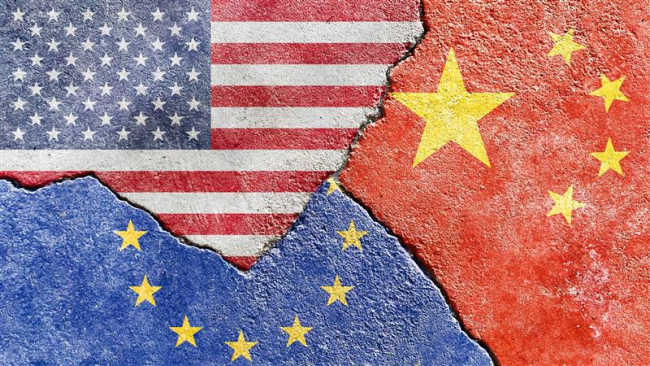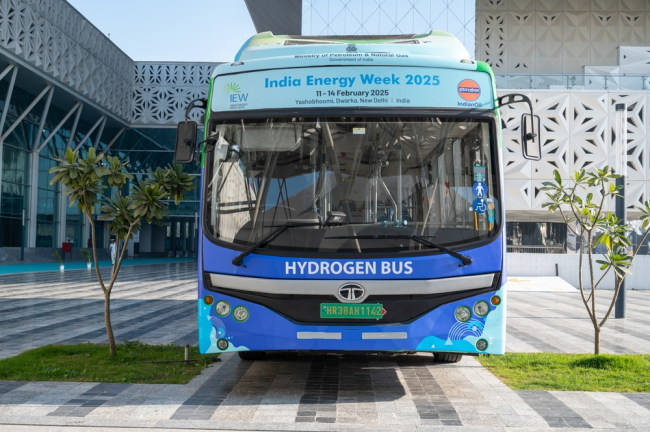The Return of the "Brains" to China: What are the Social, Economic and Political Impacts?

Since the 1990s, the Chinese government has issued new measures to encourage the return of the most highly qualified individuals, and has promoted a discourse that tends to honour, or even to praise the repatriated "brains" in China and their involvement in homeland development. The return migration has accelerated since 2000. In order to understand the rationale behind the current return migration, we would like to review the historical relations between China and its overseas population. In this paper, we attempt to address the question of patriotism among Chinese living abroad, in addition to analyzing the returnees' impact on the contemporary development of China, in political, economic and social spheres.
Download the full analysis
This page contains only a summary of our work. If you would like to have access to all the information from our research on the subject, you can download the full version in PDF format.
The Return of the "Brains" to China: What are the Social, Economic and Political Impacts?
Related centers and programs
Discover our other research centers and programsFind out more
Discover all our analysesQuest for Strategic Autonomy? Europe Grapples with the US - China Rivalry
Building on the 2020 European Think Tank Network on China (ETNC) report, which assessed Europe’s positioning amid the strategic rivalry between the United States and China, this edition re-examines the geopolitical landscape in light of the Covid-19 pandemic, Russia’s war in Ukraine and Donald Trump’s return to the White House. This report features 22 national chapters and one dedicated to the EU, analysing the evolution of Europe’s relations with Washington and Beijing, the range of approaches to dealing the US-China rivalry and how these are expected to evolve.

France seeks third way between US and China in Southeast Asia
The French leader sent a message of partnership but gave few concrete details on sustained engagement plans.
Mid-term Elections in the Philippines: The Clan War Reaches New Heights
Three years after the last general and presidential elections, Filipino voters once again went to the polls on May 12, 2025, to elect their municipal and parliamentary representatives.
India’s Green Hydrogen Strategy in Action: Policy Actions, Market Insights, and Global Opportunities
India is poised to remain the world’s fastest-growing major economy, and this rapid growth is driving a sharp rise in energy demand. As the most populous country on the planet, India urgently needs to decarbonize its energy systems.








